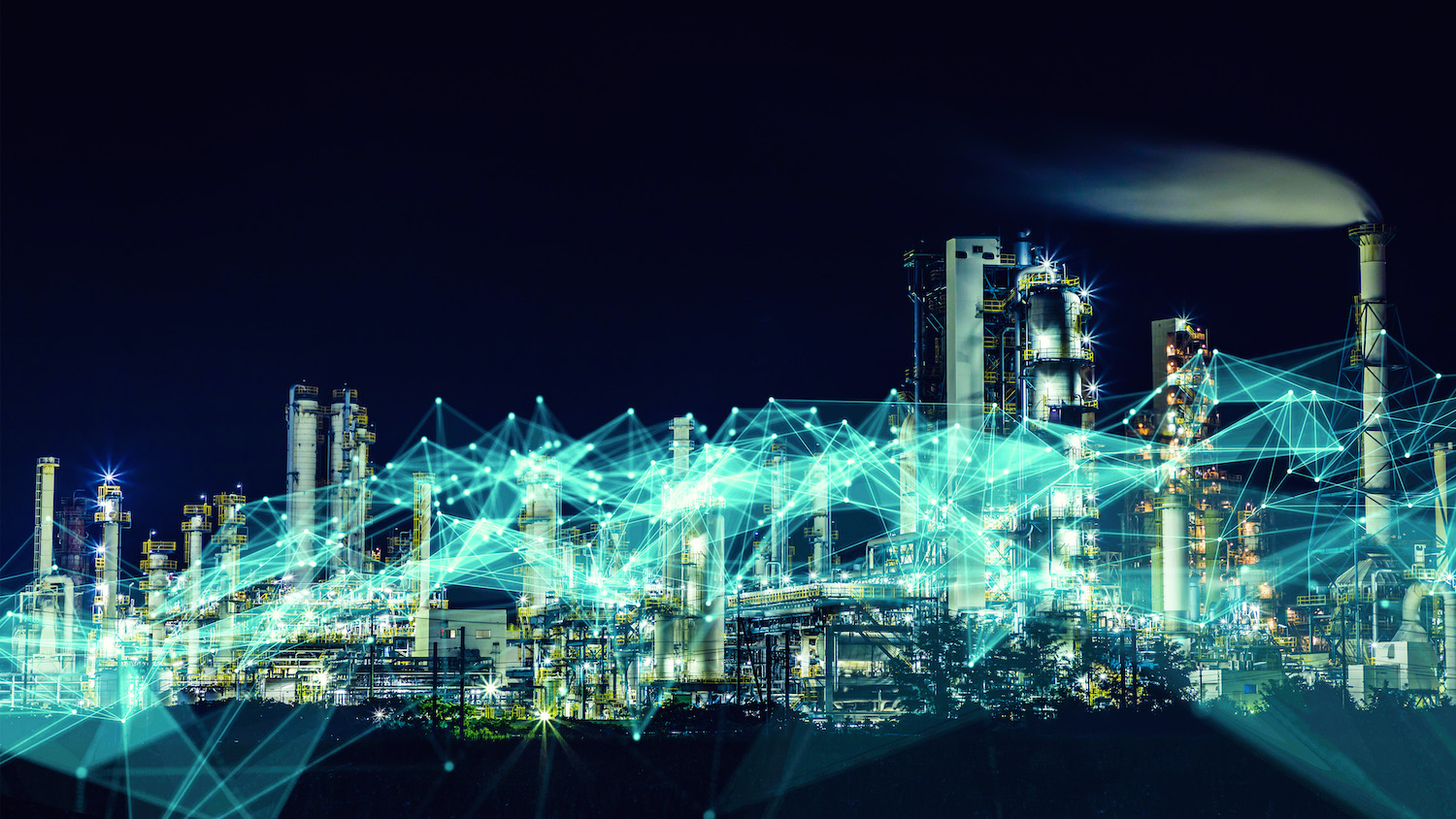Artificial Intelligence: A Game Changer for the Chemical Manufacturing Industry

Chemicals play an important role in our society. From automobiles and medicines to toys and clothes, they can be found in a wide variety of everyday products. But the production of these substances can have adverse effects on the environment, including the release of greenhouse gases into the atmosphere.
Fortunately, though, the chemical manufacturing industry has a new tool that could help reduce its environmental footprint: Artificial intelligence.
Artificial intelligence is a branch of computer science focused on building machines and processes capable of performing tasks that typically require the cognitive abilities of humans, such as learning and problem solving. While it might seem like science fiction, artificial intelligence powers many of the programs and services that make our lives easier and more efficient. That includes voice assistants like Apple’s Siri, Google’s Assistant, Amazon’s Alexa and Microsoft’s Cortana.
Over the last decade or so, the chemical industry has adopted or developed artificial intelligence to increase operational efficiency, reduce costs and improve customer satisfaction. Now a growing number of companies are using these technologies in the manufacturing process to cut greenhouse gas emissions and improve the energy efficiency of their operations, according to Dr. Yuan Yao, an Assistant Professor of Sustainability Science and Engineering in the Department of Forest Biomaterials at NC State’s College of Natural Resources.
Research shows that the chemical industry accounts for about 10% of global total final energy consumption and 7% of greenhouse gas emissions. According to the U.S. Environmental Protection Agency, the chemical industry has produced more than 800 million tons of greenhouse gas emissions since 2011.
Greenhouse gases (carbon dioxide, methane, nitrous oxide, etc.) trap solar radiation in the Earth’s atmosphere and make the planet warm enough to sustain life. Since the Industrial Revolution of the late 1700s and early 1800s, however, people have been releasing larger concentrations of these gases into the atmosphere, leading to increases in global surface temperature and climate change.
Yao said artificial intelligence shows great potential in reducing the energy consumption and environmental footprints for the chemical industry. For example, Borealis, an Austrian chemical company which is the world’s eighth largest producer of polyethylene and polypropylene, for example, has deployed an artificial intelligence program to develop dynamic target values for the energy consumption of a plant, improving the facility’s energy usage and thus cutting emissions and costs.
Unfortunately, despite increasing awareness and exploration of artificial intelligence in the chemical industry, it is very challenging to quantify the benefits and impacts of these emerging technologies due to the lack of credible performance data.
Many companies also struggle to match appropriate assessment methods and performance indicators with different and complex artificial intelligence applications in the chemical industry, according to Yao. This can deter policy makers and early adopters, whose investments are crucial for accelerating the deployment of artificial intelligence.
Yao, whose research focuses on the development of systematic and scientific rigorous methodologies to support engineering and policy decisions towards sustainable development of industries, is leading a study to address these methodology and data gaps.
The study, which is funded by the Alfred P. Sloan Foundation, aims to develop a metric-based framework that guides decision makers to select suitable assessment methods and performance indicators to quantify energy and environmental implications of artificial intelligence applications in the production of chemicals. Collaborators include the Environmental Law Institute, UC Berkeley and Yale University.
As part of the study, Yao is working with her graduate research assistant Mochen Liao, a Ph.D. student from the Sustainability Systems Analysis Lab in the Department of Forest Biomaterials, to compile a comprehensive literature review detailing case studies of artificial intelligence applications in the chemical industry. They just completed a review study that examined 299 articles related to artificial intelligence applications in bioenergy and biofuel systems.
Yao and Liao are finalizing the framework to provide chemical companies with guidance on selecting, integrating, and applying suitable analytical methods and metrics to quantify the energy and environmental benefits of various types of artificial intelligence applications. The study’s research questions include:
- What analysis and assessment methods can be used to estimate the potential energy savings and environmental benefits of artificial intelligence adoptions?
- What are the best level/scale to analyze and investigate artificial intelligence opportunities for the chemical industry?
- How to choose, select and develop indicators and analysis to understand the impacts of different artificial intelligence applications?
“We’ve been talking about adopting artificial intelligence in the chemical manufacturing process for over a decade. But it’s a very complex process. So it can be difficult to quantify the impacts,” Yao said. “The framework we develop will help companies determine the potential impacts of artificial intelligence and then select the appropriate tools to evaluate those impacts.”
- Categories: